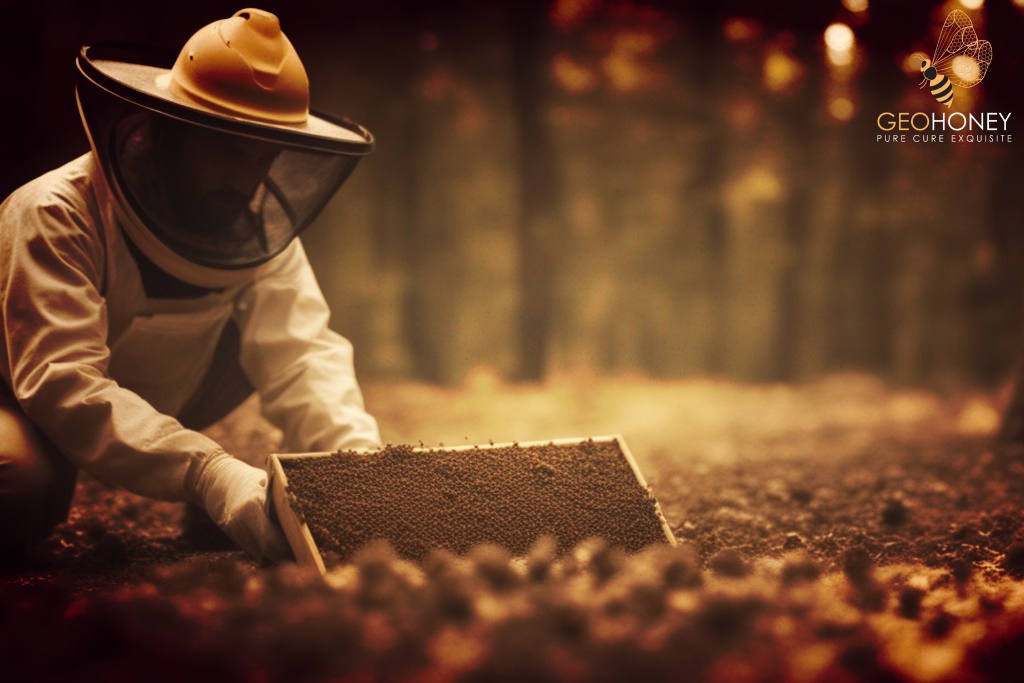- Tokyo: 09:28
- Singapore: 08:28
- Dubai: 04:28
- London: 00:28
- New York: 19:28
Coldstream Honey Bee Deaths Are Being Blamed On A Poison

Beekeepers in a Scottish Borders community estimate they have lost up to 300,000 honey bees due to poisoning.
The discovery was made at two separate hive clusters on the outskirts of Coldstream.
With bee populations dropping across the UK, keeper Lou Washington advises all gardeners and land managers to use insecticides with caution.
"We were scooping up thousands of dead bees for days - both inside and outside the hives," she explained.
Honey bees, like bumblebees, butterflies, and hoverflies, play an important part in plant pollination. Domesticated honey bee populations are declining, owing primarily to a decrease in the number of beekeepers. Lou began her hobby six years ago and has grown from one hive to five this summer.
"I check my bees every day, and when I came down this time, I noticed that their behaviour was unusual," she explained.
"I contacted a nearby beekeeper, who is far more experienced than I am, and when he went to check his bees, they were doing the same."
"He realised right away that their confusion and erratic behaviour were the result of poisoning."
"They quickly began to die, and we estimate that we have lost between 200,000 and 300,000 bees."
The hives of both beekeepers were previously healthy and full with honey. They also do frequent examinations for harmful varroa mites.
"There can be no other explanation for our hives being wiped out than poison," Lou continued.
In recent years, several toxic pesticides have been banned in order to better protect pollinators and other species. Local governments and governments are also encouraging the expansion of floral meadows to benefit insects and wider biodiversity. However, numerous pesticides that can still be sprayed in gardens and fields cause worry.
"I would urge gardeners, farmers, and landowners to check before spraying," Lou added.
"I'm sure many people have old pesticides or herbicides stashed away in their sheds, and they may contain chemicals that are now prohibited."
"Even current sprays should be used sparingly - why not just pull that weed instead of spraying it?"
Science and Advice for Scottish Agriculture (SASA), a Scottish government organisation, conducts tests for chronic bee paralysis virus and pesticides.
"We can't completely rule out chronic bee paralysis virus," said Matthew Richardson, a scientific and health officer of the Scottish Beekeepers Association. "If it's poison, it's just as likely to have come from gardens as anywhere else."
"Agricultural spraying was almost always the source of poisoning in the 1970s and 1980s, but it is now heavily regulated."
"Unfortunately, there are no regulations regarding what people can spray in their gardens, which causes a lot of issues for bees and beekeepers."
Source: bbc.com



